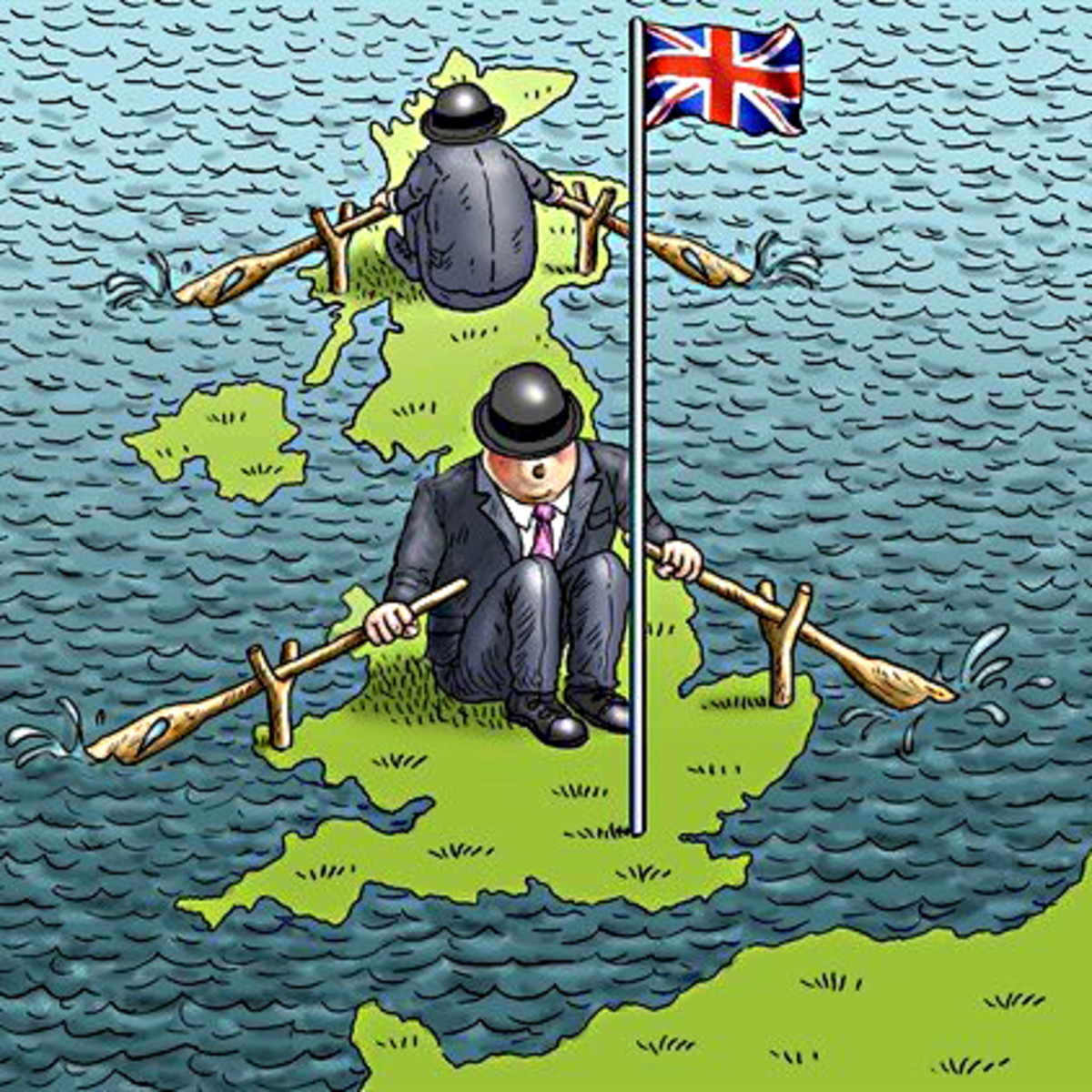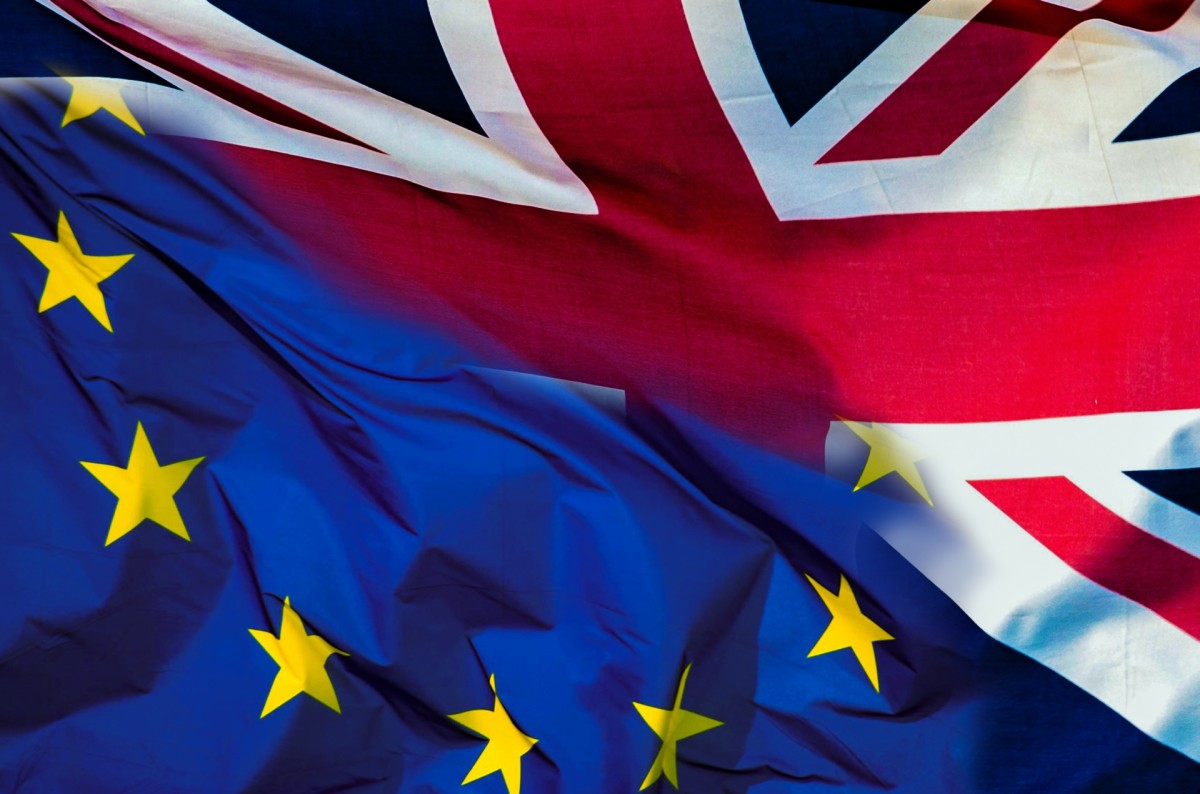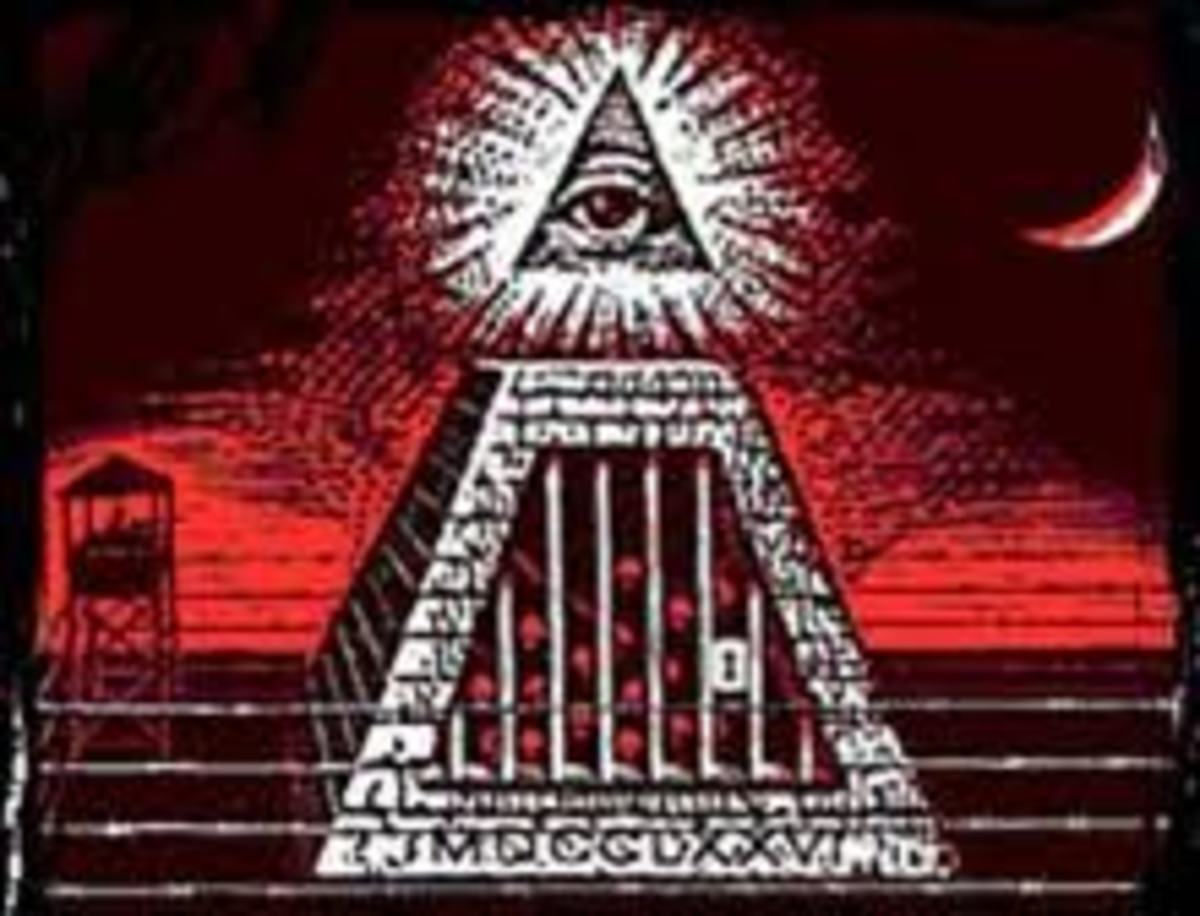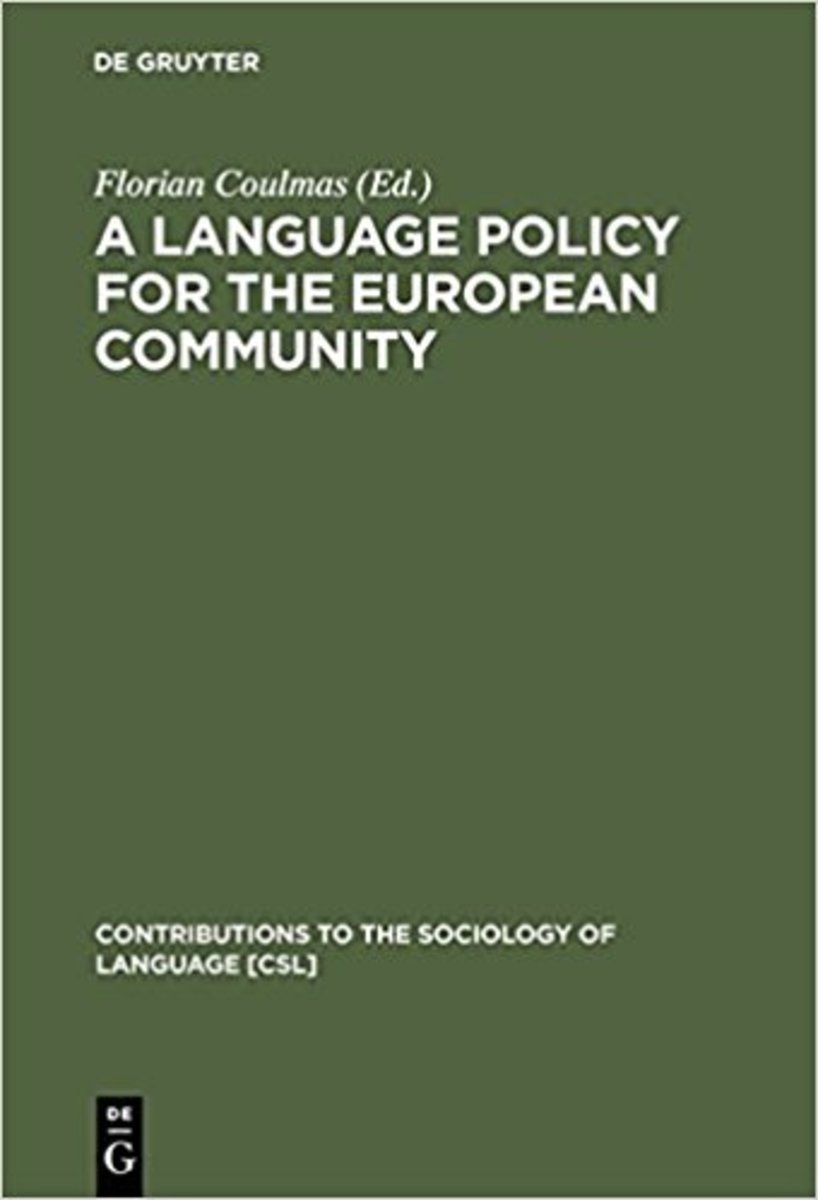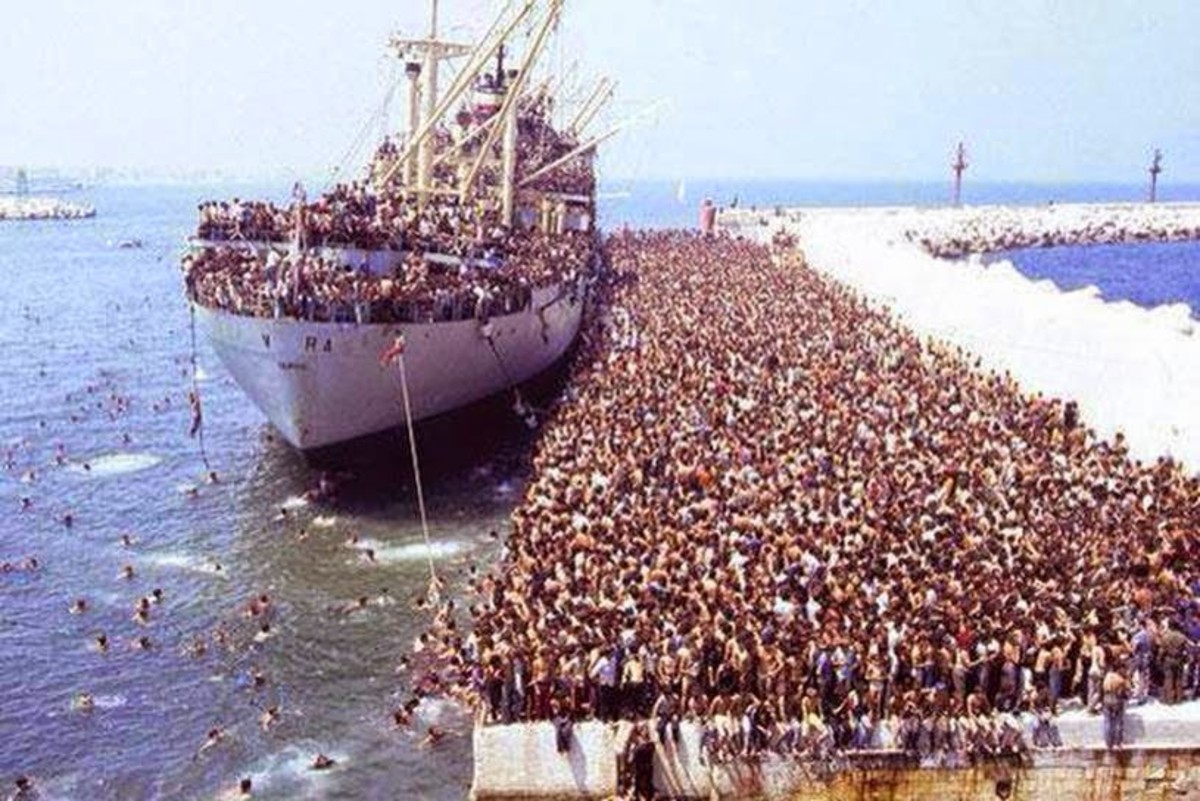The Link Between Constructivism and Euroscepticism in the United Kingdom
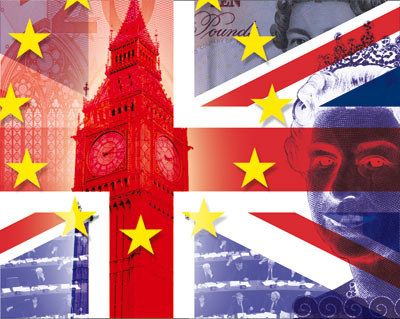
The United Kingdom is one of the most vociferous critics of the European Union. This criticism has grown in recent years, especially amid the recent financial turmoil of the eurozone. But this euroscepticism might not simply be a predictably negative reaction to some of the EU’s failures in fiscal governance. Instead, the complex nature of the United Kingdom’s cultural and political heritage act as a counterweight to the chaotic nature of European Union politics.
Introduction
The sense of British ‘exceptionalism’ as a foundation for anti-EU rhetoric is the result of many factors, including Britain’s unique history, geographic distinctiveness, and political development, which is markedly different from most other European states. This has contributed to the formation of a national identity that tries to distance itself as much as possible from the Continent, seen in the critical anti-EU discourses taking place in Britain today. Through the analysis of the dialogue of relevant British agents, a strong streak of colonial orientation is seen in British reactions and views of the European Union. These discourses can be found not only in modern political discourse but in elements of British culture and intellectual history.
A major part of this national identity lies in the intangible power of one of Britain’s most enigmatic institutions: the monarchy. While the Royal Family plays no active role in domestic politics today, the social construction of monarchy, which has been traditionally been bound to British notions of virtue and national pride, has implications for the United Kingdom’s state of self-awareness. As a result, Britain’s relations and perceptions of other agents within the international system are affected. The non-political nature of the Royal Family nevertheless makes an extremely powerful statement of ‘Britishness’, having the potential to act as a powerful identity-creating agent, which casts doubts on notions of pan-European integration.
Beginnings: Echoes of Discord
Discourses criticizing European integration are nothing new in Britain; there was already a sense of Continental mistrust among British leaders early on in the integration process. At the Treaty of Rome in 1957, which established the then-European Economic Community, Britain sent as its representative not a minister, like the other European countries, but an unremarkable trade official, Russell Bretherton.[1] Sending such a low-level official clearly expressed Britain’s misgivings over the success of such a project, and unsurprisingly, it decided not to join the European Economic Community.
From a constructivist point of view, Bretherton’s lower status as compared to the other participants’ present at the Treaty of Rome is a form of agency. As described by Nicholas Onuf, while agents are thought of as people acting as agents on behalf of other people, it is also possible to make choices on behalf of social constructions.[2] This visible tension between Britain and the rest of Europe, however, is a result of several key factors, stemming from Britain’s self-identification. This self-identification reflects Britain’s past role as the dominant state in international politics as well as its status as an imperial and colonial power.
During the first two decade after the Second World War, British policymakers began to question the viability of Britain’s foreign policy, beginning to reject previous notions of British interests overseas. According to Pfaltzgraff, in place of once widely shared beliefs about the importance of worldwide interests in the Commonwealth and a special relationship with the United States, a broadly-based “European” consensus emerged in Britain.[3] Yet not everyone in the British establishment was convinced of the benefits of integrating with Europe, and even though Britain did eventually join the European Economic Community in 1973, Britain was still skeptical of fully participating in a supranationalistic institution.
Nostalgia for the glory of Empire
As Stephen George notes, a country’s national interest is defined in a variety of ways, including the perception and habits of mind of the policy-makers.[4] In the case of Britain after the Second World War, national interests reflect the legacy of its role as the most powerful player in world politics for several centuries, aided by its early industrialization, naval power, and colonial interests abroad.
Therefore, British policy-makers were in the habit of looking at external and economic policy in terms of how it would contribute to Britain’s stature in relation to the world order. Considering Britain’s imperial role, it had to take into account the rest of the world in defining its interest; they could not afford to concentrate only on European affairs. This preoccupation with overseas colonies instilled in Britain a strong colonially-minded identity. According to Hopf, identities strongly imply a particular set of interests or preferences with respect to choices of action in particular domains, and with respect to particular actors.[5] This British world-view of order saw the rest of Europe as having a relatively unimportant role on the world stage except when continental European states threatened to disrupt Britain’s power.[6] This colonial mentality, already influencing domestic social practices, is present in Britain’s sense of self-awareness, which in turn helps define and narrow British interests and actions in other parts of the world.
As Emanuel Adler suggests, national interests are not merely the collective interests of a group of people; nor, with rare exeptions, are they the interests of a single dominant individual…national interests are facts whose ‘objectivity’ relies on human agreement and the collective assignment of meaning and function to physical objects.[7] Thus, Britain’s national interests, which have shaped its world-view of its position relative to other states, is intimately linked to notions of influence as exercised by colonial and imperial power, going beyond purely material capabilities.
Churchill and the Commonwealth
This view places Europe as a usually unimportant actor from the British perspective, given credence through one of Sir Winston Churchill’s most famous speeches, in which he outlined three spheres of influence as a focal point of British relation-building. The first was the United States (who was on its way to displacing Britain as the worlds’ most dominant actor), the Commonwealth, and lastly Europe.[8] Churchill’s speech, which purposely placed the Commonwealth as more important than Europe as a British sphere of influence, echoed Britain’s colonial and imperial legacy at a time when its power was in danger of waning.
The language Churchill used to describes these spheres hold valuable clues in assessing Britain’s view of itself leading up to the Treaty of Rome, which in turn acts as an important precedent when viewing modern British views on European integration. Due to its broad national interest, defined by its far-flung empire, Britain was more interested in maintaining its influence in the Commonwealth, especially since it already had a significant influence on these colonies.[9] During the age of Queen Victoria, the notion of Empire was a focal point of national unity. Yet the idea of Empire was still present as these colonies gained independence, transferring the focal point of national unity to this new organization, the Commonwealth. Even as the British Empire was being dismantled, these new countries still held strong linkages to Great Britain, pleading allegiance to the British Crown.[10]
Due to the fact that Britain was instrumental in shaping world politics over the course of three centuries, feelings of superiority among Britain’s leaders and populace were not surprising. While many smaller European states saw integration as an advantage, whether as a way to increase communication with the rest of Europe or to mitigate an unfavorable image (in the case of Germany after the world wars), Britain viewed membership in an exclusively European institution as a curtailment of their world-wide influence, with the focus on Europe-wide integration a moving away from Britain’s interests in the rest of the world.
French opposition
At the same time that the Commonwealth acted as a unifying force, it became a stumbling block in British integration within the European Community. Yet even when Britain decided to seek admission into the European Economic Community, a new dialogue emerged which led to a further souring of relations between Britain and Europe: French opposition to British membership.[11] The French President, Charles de Gaulle, saw British Prime Minister Harold Macmillan’s 1962 nuclear agreement with President Kennedy of the United States as anti-European. President de Gaulle outlined his veto of British membership through a key speech, which took place at the Elysee Palace in Paris on January 14, 1963:
“England in effect is insular, she is maritime, she is linked to her exchanges, her markets, her supply lines to the most diverse and often the most distant countries…in short, the nature, the structure, the very situation that is England’s differ profoundly from those of the Continentals…”[12]
From a constructivist point of view, the content of this speech highlights the importance of history in Britain’s modern-day relations with Europe. This history reflects Britain’s past encounters and relationship with the rest of Europe, mainly its colonial and imperial linkages which by their very nature are critical of pan-European identity.
De Gaulle’s speech mentioned Britain’s insularity and markedly different political development, yet one can infer another dimension to his prose: France’s traditional rivalry with Britain, a rivalry stretching back centuries. This rivalry encompassed dozens of wars and territory disputes. Indeed, there is an almost begrudgingly admiring tone in de Gaulle’s speech, an undercurrent of envy for Britain’s colonial possessions, which France was never able to match.
Government discourses on the European Union
In the British press, there are almost daily reports chronicling the intense political rhetoric revolving around EU policies. The Prime Minister, David Cameron, has expressed his wish for a “new negotiated settlement” between Britain and the rest of the EU.[13] Indeed, according to a 2010 Eurobarometer Survey conducted in the United Kingdom, 64% of respondents felt they did not trust the European Union.[14] Apparently, David Cameron, feels the same, as he is currently repatriating over 100 justice, crime and policing powers from the EU. In addition, he is widely expected to veto upcoming negotiations which will see an increase in the EU’s budget, of which Britain is one of the largest contributors. While visiting Brazil on September 27, 2012, he gave a speech in which he expressed his wish to see “less Europe, not more Europe.”[15]
Apart from the government’s criticisms of the EU, much has been mentioned in the press over the ongoing dispute between Britain and Argentina over sovereignty of the Falkland Islands. The intense, well-publicized exchange between Prime Minister Cameron and President Christina Kirchener of Argentina at the G20 Summit this year[16] was seen by many as a not-so-subtle land dispute with definite colonial era overtones.
Monarchy: The transition from political power to ceremony
For most of Britain’s history, politics were largely defined by monarchical power politics. Centuries ago, statehood revolved around a relatively small set of agents; mostly royal in nature. These royal rulers, as agents of statehood, were intimately bound to their realm, perpetuating an almost indistinguishable relationship between the ruler and the realm. As political societies dissociated from royal personae and agents came to represent states as abstractions, relations among agents—heads of state, their ministers, diplomats—remained much as they had always been.[17] The modern-day British monarchy has evolved from a political entity to a largely ceremonial one, as is the case in the other monarchies of Europe. However, this institution continues to be of domestic relevance for many Britons, many of whom see the monarchy as a powerful identity-formation agent. These agents attached a great deal of importance to ceremony and symbolism while exercising their power, reflected in the rhetoric of political theology. Nowhere is this example most clear than in the rhetoric of Elizabeth I, who is often described as entering into a symbolic marriage with England itself. Elizabeth I as an agent of statehood clearly delineated her symbolic union with England in a speech in which she declared “to conclude, I am already bound unto a husband, which is the kingdom of England, and that may suffice you.”[18]
Whereas politics in modern-day Britain are run by the Prime Minister and his Cabinet, the monarchy has not relinquished its symbolic place as a focal point of national pride and sentiment. While HM Queen Elizabeth II technically acts as a non-political figurehead, her symbolic power is immense. Apart from being the official British Head of State, she is also Head of the Armed Forces and Supreme Governor of the Church of England. In addition, the monarch is the Head of the Commonwealth, which has had strong ties to Britain’s royals ever since its founding. The Queen also acts as the official head of state for 15 out of the 54 member states of the Commonwealth, an extraordinary arrangement unlike any other. This symbolic arrangement reflects British colonial ties. This ceremonial distinction is embodied in the body politic of the present monarch, Elizabeth II, echoes the symbolic marriage rhetoric of her namesake, the Virgin Queen.
These ceremonial traditions, as well as the other symbolic components of the monarchical tradition, have power and meaning because they try to harness the complex issue of national identity in Britain. This in turn becomes a part of the ever-evolving national dialogue and debate over identity. But it is the ideas and beliefs attached to the notions of royalty which are the most important aspect of this dynamic between agent-creators and the wider population. To this end, the monarchy has always tried to portray itself as a refined pillar of decorum in British society, linking the best of each generation through the ideals of virtue, kindness, and integrity.
Yet the monarchy is also emblematic of how different Britain views itself compared to the rest of Europe. While Queen Elizabeth II has fostered excellent relations with European leaders as a whole, her fervor for Commonwealth affairs has not been lost on many political commentators in Britain and abroad. In her book The Royals, Kitty Kelley notes this fervor when she interviewed the Queen’s official biographer, Roland Flamini, who stated, “everyone knows she’s supposed to be above politics, but everyone knows the Queen gets politically involved, especially if it concerns the Commonwealth, which is all she really cares about.”[19]
Conclusion
Even though the United Kingdom is a member of the European Union, Britain’s long-standing colonially-minded identity still has the capacity to affect British relations with the rest of Europe. Over the past thirty years, Britain has readily acquiesced to greater ties with the European continent, though centuries of British influence elsewhere in the world have instilled in the common Briton a general mistrust and suspicion of European supranationalism. This can be seen in the critical domestic discourses taking place over the viability of the Union’s current monetary policies and aspects of the EU’s policies regarding security and governance. These discourses are not only present in widely-reported stories of British policymakers’ opposition to many EU policies; they can also be seen in the powerful agent formation of the British monarchy, which acts as a focal point for national identity and pride in a people deeply mistrustful of full integration with the Continent.
References
[1] Michael White, “Britain, proud home of Euroscepticism”, The Guardian, January 26, 2012.
http://www.guardian.co.uk/world/2012/jan/26/britain-proud-home-euroscepticism
[2] Nicholas Onuf, Constructivism: A User’s Manual, in International Relations in a Constructed World , ed. Vendulka Kubálková, et al. ( New York: M.E. Sharpe, 1998),60.
[3] Robert L. Pfaltzgraff, Britain Faces Europe (Philadelphia: University of Pennsylvania Press,1969),vii.
[4] Stephen George, An Awkward Partner: Britain in the European Community (Oxford: Oxford University Press, 1994), 12.
[5] Ted Hopf, “The Promise of Constructivism in International Relations Theory,” International Security, Vol. 23, No. 1 (1998):175.
[6] George, 12.
[7] Emanuel Adler, “Seizing the middle ground: Constructivism in World Politics”, European Journal of International Relations, Vol. 3, No.3 (1997): 337.
[8] George,12.
[9] George, 15.
[10] Bojana Perisic, Britain and Europe: A History of Difficult Relations (Berlin: Institute for Cultural Diplomacy,2010),2.
[11] Michael Franklin and Marc Wilke, Britain and the European Community (New York: Council on Foreign Relations Press,1990),7.
[12] Gerhard Mally, Britain and European Unity (London: Hansard Society Publications, 1966),20.
[13] George Parker, “UK to pull out of EU policing powers,” Financial Times, October 14,2012
http://www.ft.com/cms/s/0/6a562c6e-1605-11e2-9a8c-00144feabdc0.html#axzz2E8RP9bxJ
[14] Standard Eurobarometer 74: “Public Opinion in the European Union” European Commission. Autumn 2010:6.
[15] James Chapman, “Cameron prepares series of moves to claw back 100 powers from EU,” The Daily Mail, September 27, 2012.
[16] Adam Taylor. “David Cameron And Cristina Kirchner’s Awkward Encounter In A Corridor At The G20”, Business Insider, June 19, 2012.
http://www.businessinsider.com/david-cameron-cristina-g20-falklands-2012-6#ixzz2E8hzb9fM
[17] Nicholas Onuf, Worlds of Our Making: The Strange Career of Constructivism in International Relations,” in Visions of International Relations edited by Donald J. Puchala. (Columbia: University of South Carolina Press, January 2002):1.
[18] Jill M. Hall, Elizabeth’s Symbolic Marriage to England: A History of Lasting Union. Early English Studies 1 (2008):12.
[19] Kitty Kelley, The Royals. (New York: Warner Books, 1997),190.

